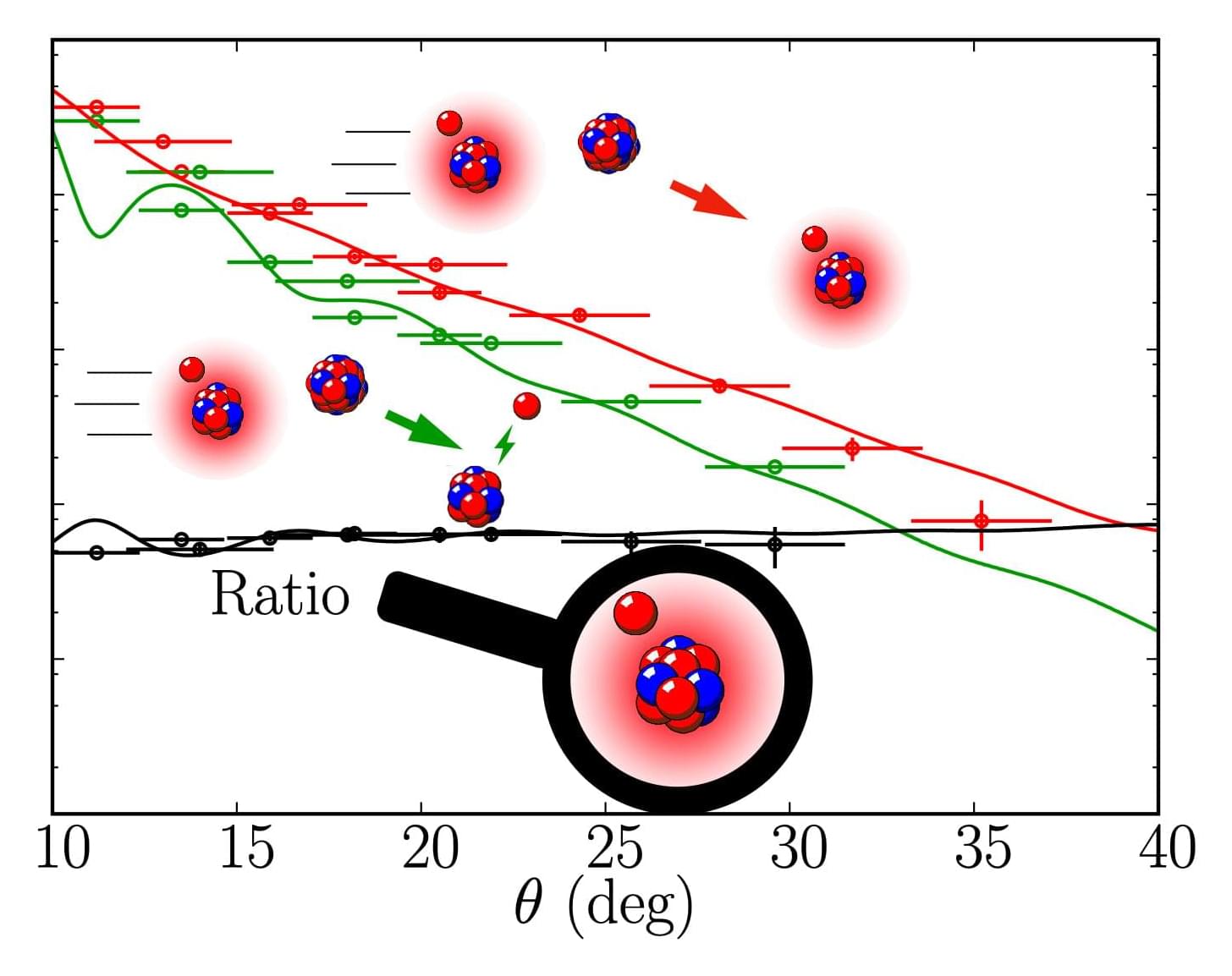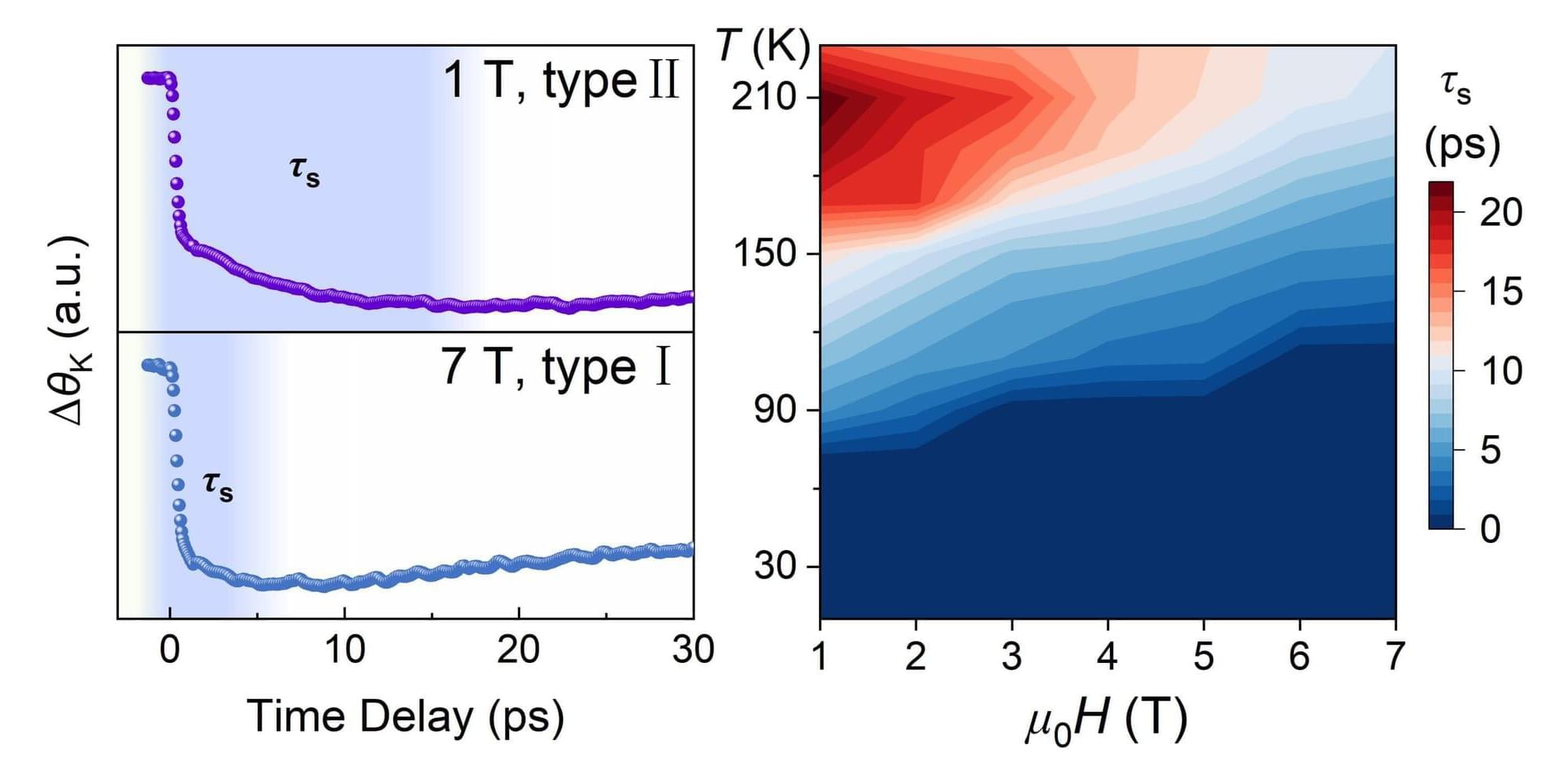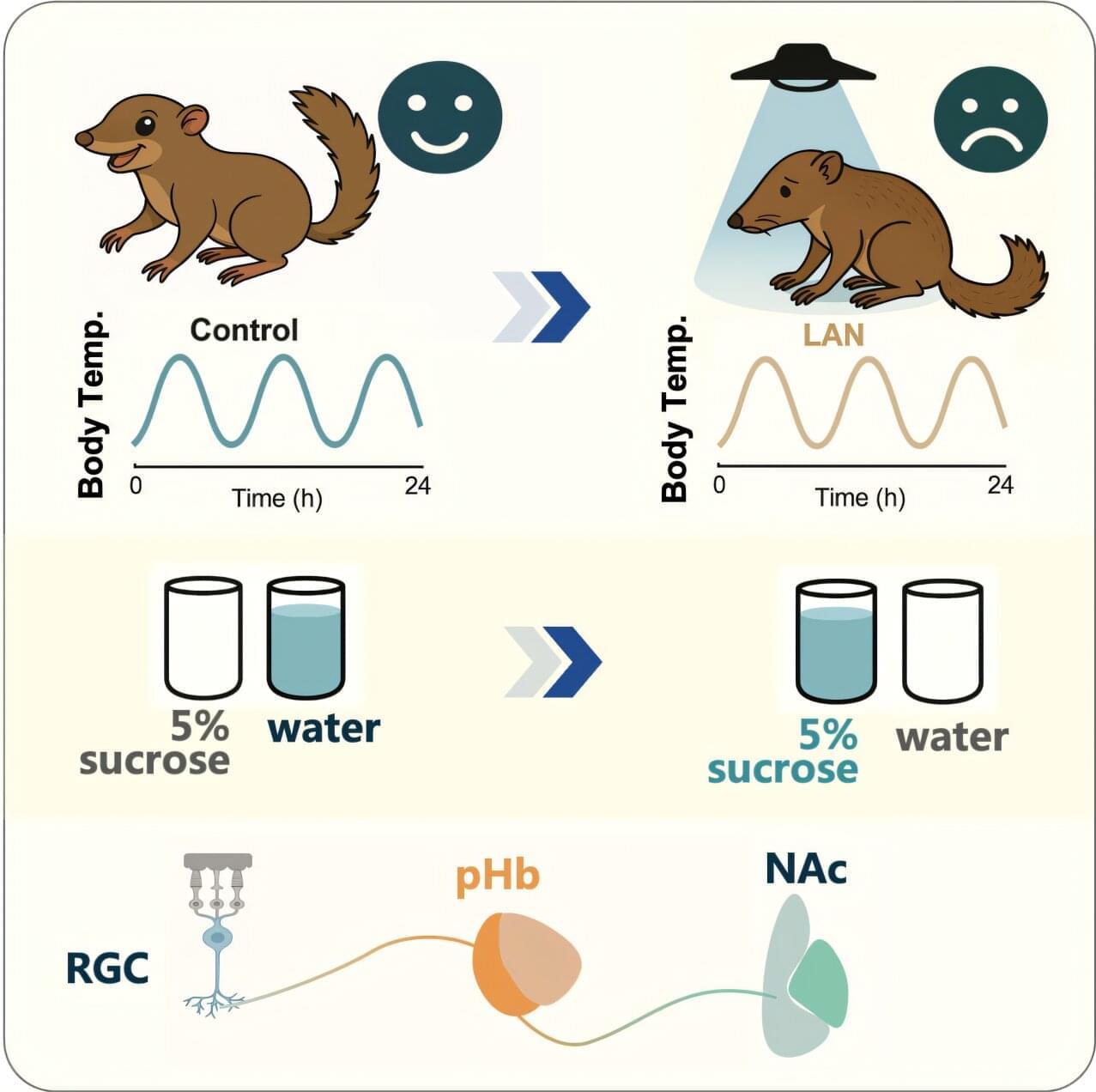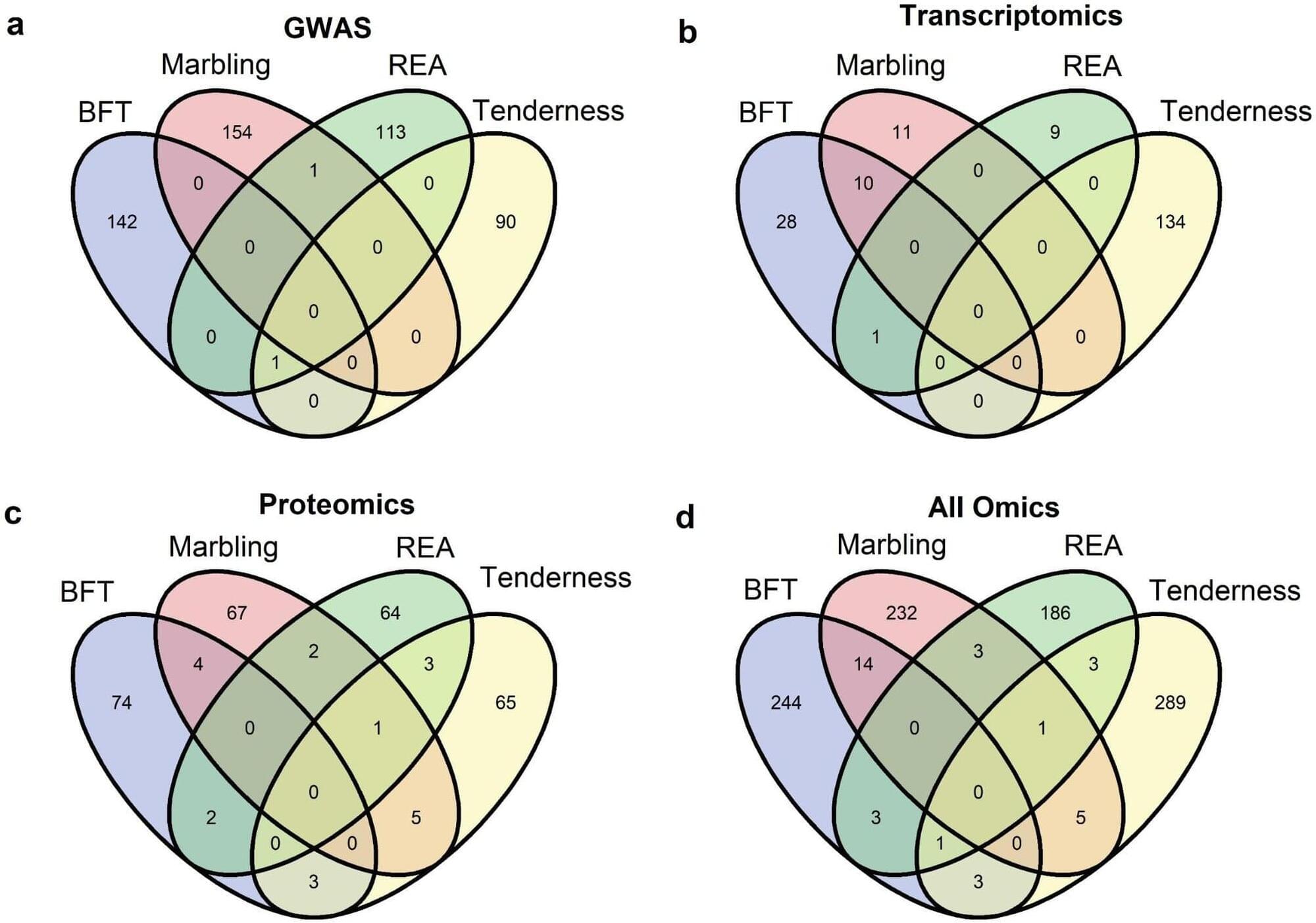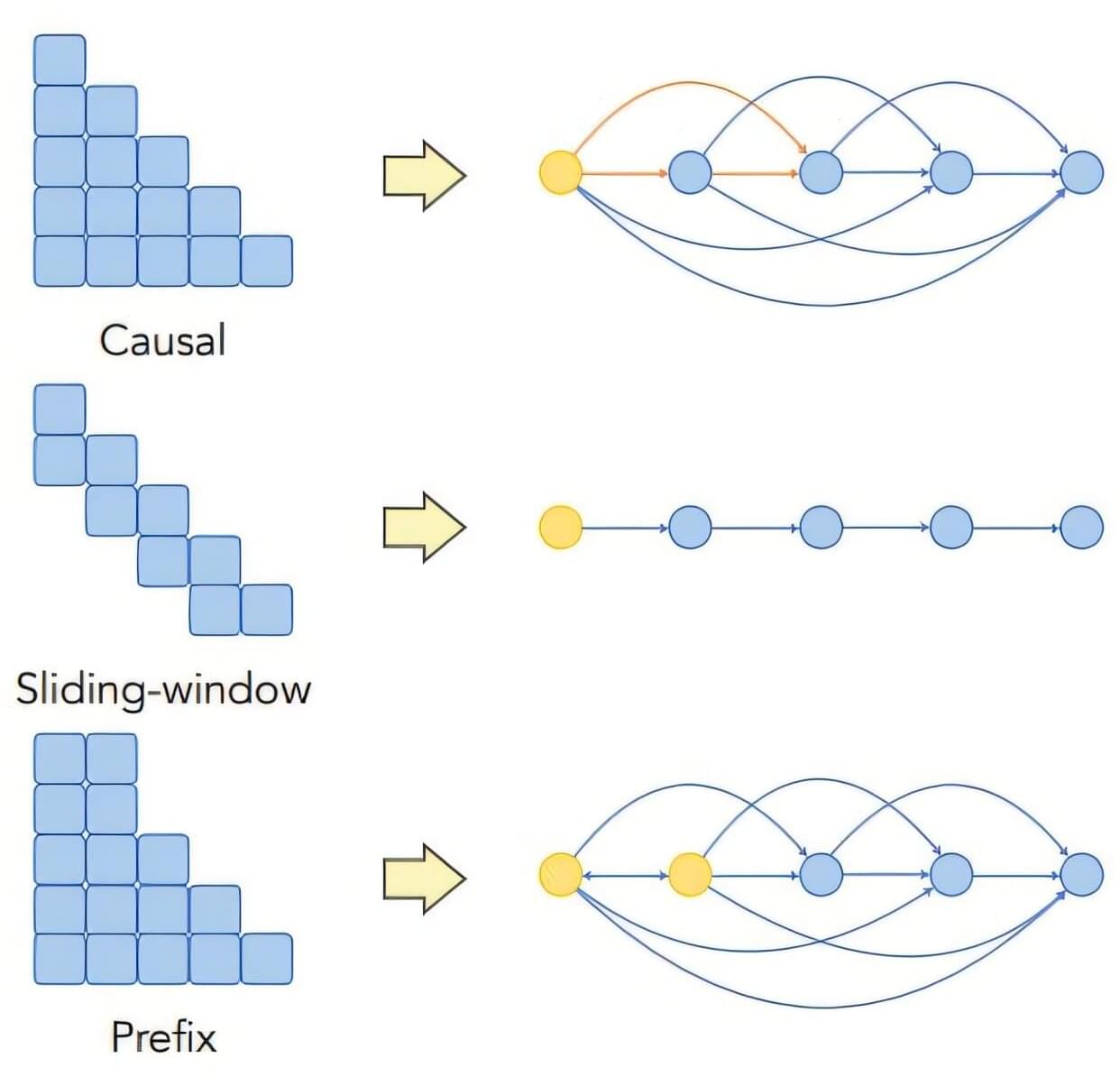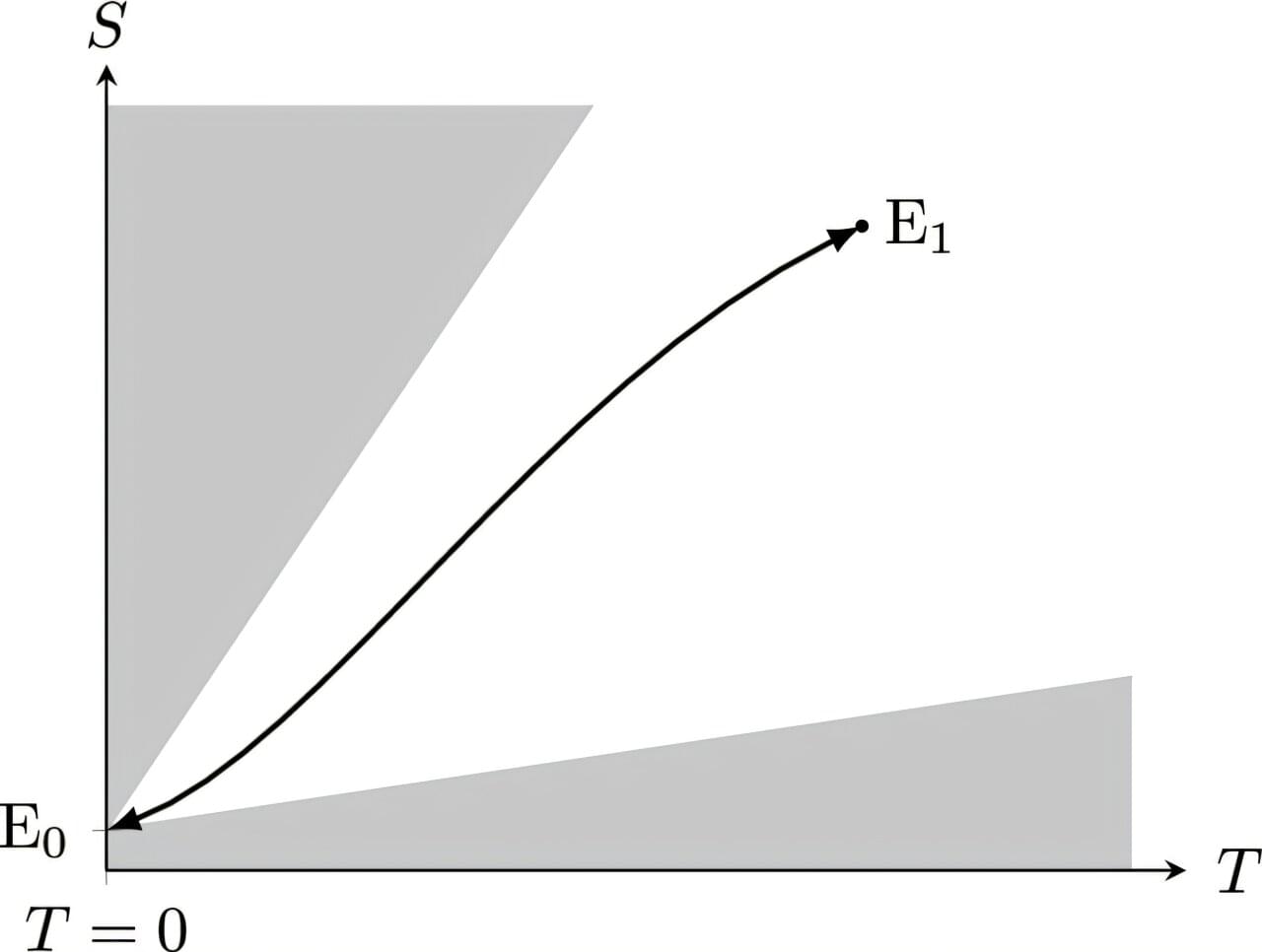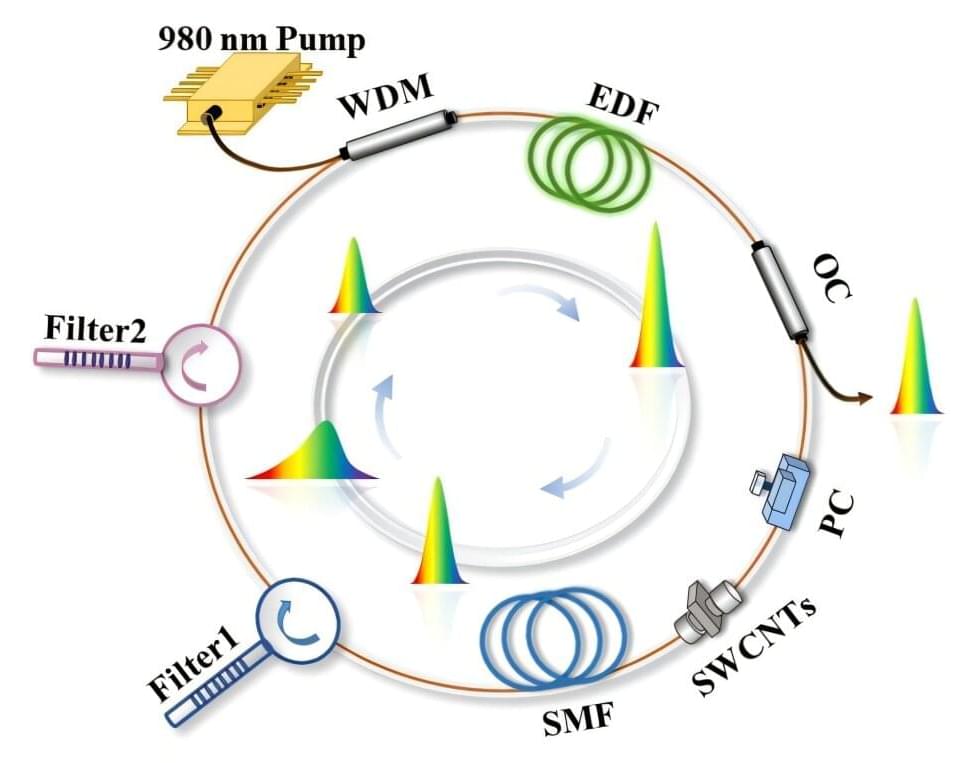Theories must stand up to practical testing, and this is especially true in physics. Researchers from Johannes Gutenberg University Mainz (JGU), Texas A&M University, Brookhaven National Laboratory, the University of Surrey in the U.K. and Michigan State University have achieved such a milestone: They were able to experimentally demonstrate for the first time that the ratio method can be used to study atomic nuclei, and in particular unstable halo nuclei—thus underscoring the importance of this new reaction observable. The team published their results on May 28, 2025, in Physical Review Letters.
